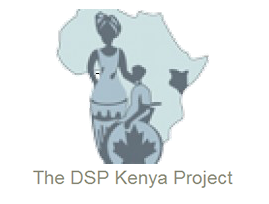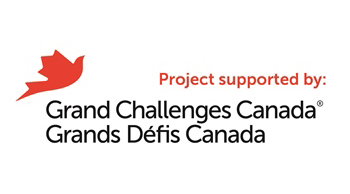4.1 – What is the role of rehabilitation for children and youth living with HIV and their families?
As more children infected with HIV get access to antiretroviral therapy, they are living longer, relatively healthier lives. As they live longer, children may experience many challenges resulting from HIV disease as well as the side effects of long-term medication. Studies have shown that up to 50% of children infected with HIV experience some form of disability, even when they are on antiretroviral medication.1, 2 Rehabilitation providers can help to identify these problems and in many cases can provide treatment or advice to lessen their impact.
In this resource, rehabilitation is defined as any services or activities that address or prevent body impairments, activity limitations, and social participation restrictions experienced by an individual.3Rehabilitation is concerned not only with physical well-being, but also with mental and spiritual dimensions of health.
Rehabilitation addresses issues that affect a person’s overall quality of life. It is important to remember that children are part of a family and community and that their needs should be viewed within their context.
HIV can affect many different body systems. The challenges that a child may face will change as they get older, and so it is very important that children and youth get assessed holistically at different times as they grow up.
1Devendra A, Makawa A, Kazembe P, Calles N, Kuper H. HIV and Childhood Disability: A Case-Controlled Study at a Paediatric Antiretroviral Therapy Centre in Lilongwe, Malawi. PLOS One. 2013;8(1): e84024
2Knox J, Arpadi S, Kauchali S, Craib M, Kvalsig J, Taylor M, Bah F, Mellins C, Davidson L .2018 Screening for developmental disabilities in HIV positive and HIV negative children in South Africa: Results from the Asenze Study. PLOS One. 2018;13(7).
3Worthington C, Myers T, O'Brien K, Nixon S, Cockerill R. Rehabilitation in HIV/AIDS: development of an expanded conceptual framework. AIDS Patient Care STDS. 2005 Apr;19(4):258-71. PubMed PMID: 15857198. http://www.ncbi.nlm.nih.gov/pubmed/15857198.

 Previous Page
Previous Page




